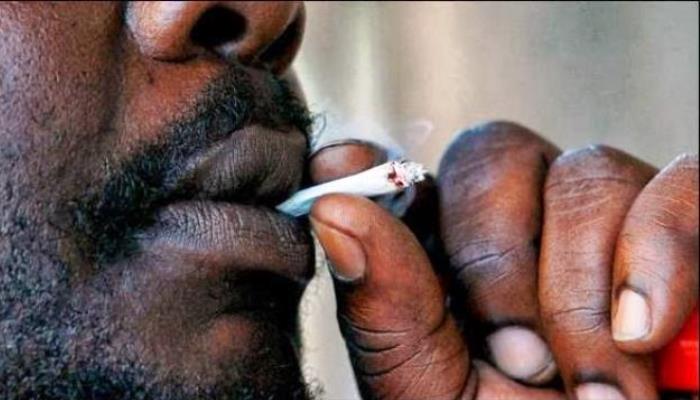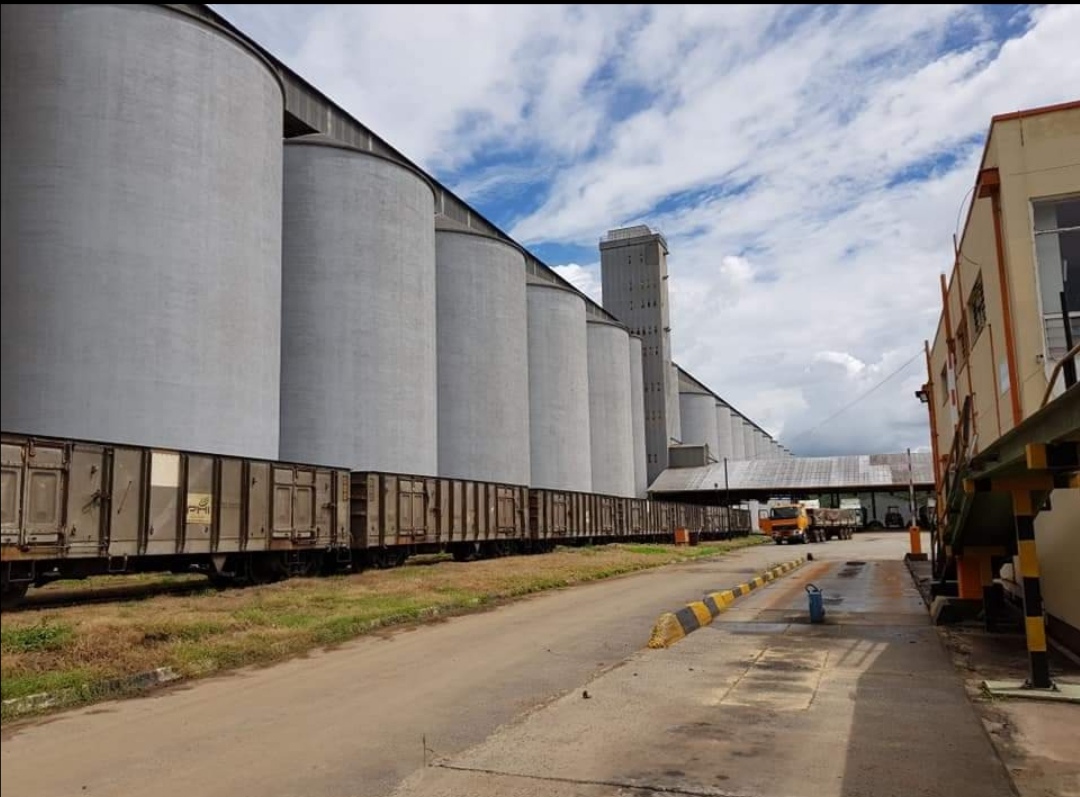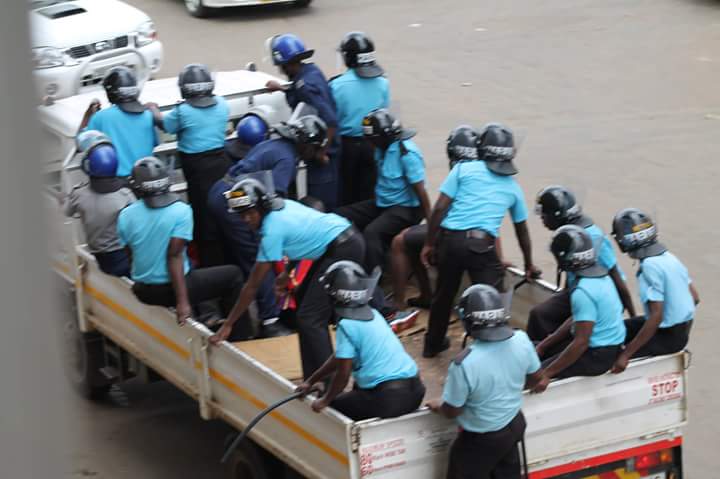Minister orders weekly updates on drug baron arrests
Share

KWEKWE — The Minister of State for Provincial Affairs and Devolution for Midlands, Owen Ncube
has called upon the Drug and Substance Abuse Committee in Kwekwe district to provide him with
regular updates on the apprehension of drug barons.
The Drug and Substance Abuse Committee at Kwekwe District Hospital, chaired by Fortune
Mupungu, District Development Coordinator, is responsible for addressing drug and substance
abuse issues in the area.
It aims to tackle the pervasive issue of drug trafficking, sale, and abuse, particularly in Mbizo and
Amaveni suburbs, which are notorious hotspots for such activities.
During a recent visit to the Amaveni Rehabilitation Centre, Minister Ncube emphasised the
importance of weekly reports on arrests of drug barons, particularly in the densely populated
suburbs of Mbizo and Amaveni, which are known for their high levels of drug trafficking.
The Kwekwe City Council allocated US$4.5m to convert Amaveni Beerhall into a rehabilitation
centre. This decision follows Cabinet's approval of drug and substance mitigation programmes that
combat the prevalence of drugs and substances in the country.
Minister Ncube, urged called upon the Committee to conduct comprehensive situational analysis to
identify other areas and suppliers involved in the illicit drug trade within Kwekwe.
“I expect reports every week covering arrest and prosecution of drug barons especially in Mbizo and
Amaveni where reports indicate rampant drug and substance abuse trafficking and sale.
He expressed concern about the negative impact these activities have on neighbouring districts and
emphasised the need for a thorough understanding of the drug trade dynamics.
Minister Ncube hailed the establishment of the rehabilitation centre, which he said was a key
initiative of the Second Republic in its efforts to combat drug and substance abuse among the youth.
The facility, the first in the Midlands Province, reflects the governments commitment to addressing
the challenges posed by drug abuse.
The rehabilitation centres renovations were funded through devolution and local authority funds,
aligning with the objectives of the National Development Strategy (NDS 1), which prioritises the
development of productive human resources.
During the initial phase of the project, the existing structure was renovated to include a drug room,
staff and patient toilets, kitchen and dining areas, counselling rooms, a recreational hall, and rooms
for educational purposes. The second phase will see the construct of additional facilities, including a
detoxification site and dormitories.
To raise awareness among school children, advice was imparted during the event, highlighting the
role of peer pressure in influencing drug use and other prohibited activities.
Minister Ncube added that experimental use of drugs often leads to failure to withdraw with the
addiction taking over the physical and psychological conditioning.
“Say No to drugs, say No to substance abuse. The fight against drugs starts with me, starts with you,
starts with all of us,” said Minister Ncube.
The Elimination programme involves operationalised multi-sectoral approach which covers supply
reduction headed by the security sector, demand reduction headed by the Ministry of Youth, harm
treatment and rehabilitation headed by the Ministry of Health and Child Care, media and
communications headed by the Ministry of Information, Publicity and Broadcasting Services.









